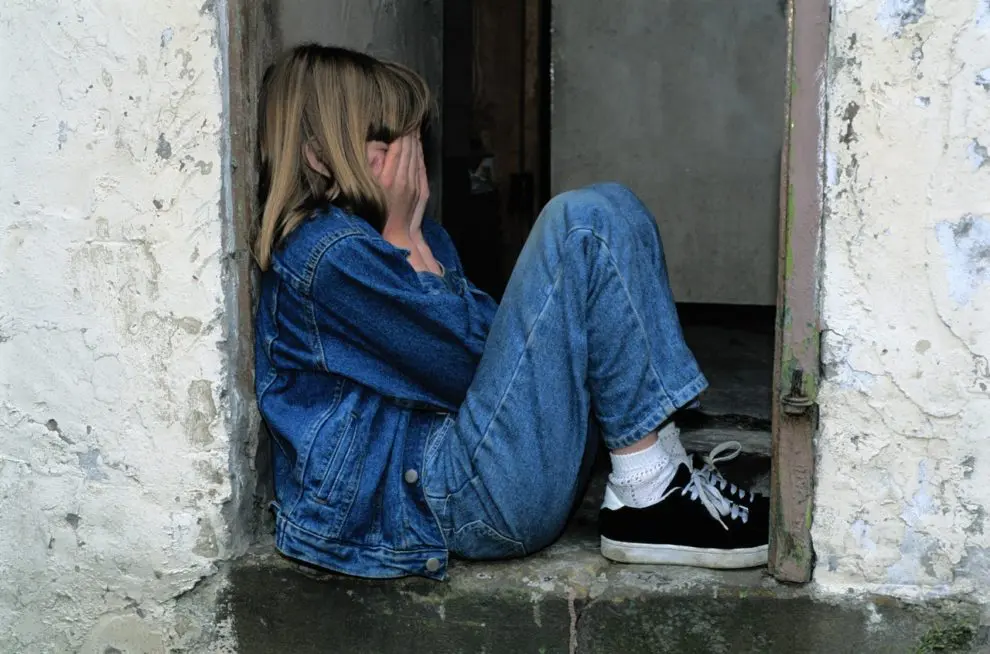
Housing should be a fundamental right for all children and families in the United States — not a privilege. Yet, the economic and public health repercussions of the COVID-19 pandemic have deepened the U.S. housing crisis. The U.S. Centers for Disease Control and Prevention (CDC) first issued a national eviction moratorium almost one year ago, which resulted in 50% fewer eviction filings compared to the historical average in 2020. However, with the CDC eviction moratorium set to expire July 31, 2021, roughly 4 million adults with children struggling to pay rent will lose federal protection from evictions.
Households with children are more likely to fall behind in rent than households without children and the number of families struggling to pay rent has risen. As of June 2021, nearly 8 million people across the nation are behind in their rent, with children living in about half of these households. About half of these families with children reported that they likely will have to leave their home due to an eviction in the next two months. Moreover, many of these numbers are likely underreported, out of fear that the child welfare system or immigration enforcement could get involved.
Evictions can be detrimental to a child’s bio-psychosocial development and well-being. Research has demonstrated a link between evictions and housing instability and a decrease in a child’s academic performance, as well as poor physical and emotional health outcomes, which can have a negative effect on their socioeconomic mobility. Evictions can affect a parent’s credit record and influence their ability to secure future housing. A child’s life can be uprooted as a move often means switching schools and increasing the likelihood of moving into a neighborhood with less opportunity for upward mobility.
Children and families of color face the highest risk of eviction due to historic discriminatory housing and labor market policies. Multiple studies find that prior to the pandemic, Black single mothers and Black and Latino renters were at the greatest risk of eviction, with rates during the pandemic mirroring these disparities. Princeton University’s Eviction Lab reported that between March 15th and December 31, 2020, nearly 23% of renters tracked were Black, yet they received more than 35% of all evictions.
While the CDC eviction moratorium helped to prevent or slow the eviction process in many cases, the protection afforded by the moratorium varied. The enforcement of the moratorium differed among states and local governments, and many families with children living temporarily in hotel or motel rooms or doubled-up with others were excluded from any protection from eviction. Additionally, differences in application, adoption and implementation of the moratorium fostered confusion among families about the eviction process. Furthermore, many renters and landlords have not been able to access federal emergency rental assistance yet to help prevent evictions, with over half of renters and 40 percent of landlords not aware that rental assistance is available.
To help the millions of households with children who are at risk of an eviction or experiencing homelessness, we urge Congress to sustain and build on the significant investments for children in the American Rescue Plan. First Focus Campaign for Children offers the following recommendations to help these families:
- Extending the CDC eviction moratorium once again to give more time for households to recover and allow state and local governments more time in distributing rental assistance.
- Increasing both rental assistance and homeless assistance and ensuring communities are making families with children a priority for this funding.
- Making the improvements to the Child Tax Credit in the American Rescue Plan permanent so households with children can continue to receive monthly cash assistance to use for rent and other resources.
- Boosting funding for the Legal Services Corporation so more households with children can access civil legal services for housing disputes and other legal matters.
- Increasing funding for child care, nutrition, health care, and education assistance.
We also support the bipartisan Family Stability and Opportunity Vouchers Act (S. 1991), led by Sens. Chris Van Hollen (D-MD) and Todd Young (R-IN), which would create 500,000 additional housing vouchers for low-income families with young children and pregnant women who are experiencing homelessness or housing instability.
President Biden recently stated that “our children are the kite strings that lift our national ambitions aloft.” We are at a critical opportunity to continue uplifting the needs of our nation’s children and families. The Biden Administration and Congress acted boldly and quickly to pass policy that safeguarded hundreds of thousands of children and families from evictions during the pandemic. We urge both President Biden and Congress to ensure that upon the expiration of the federal eviction moratorium, there are policies in place that ensure every single child in the U.S. has access to safe, secure and stable housing.
